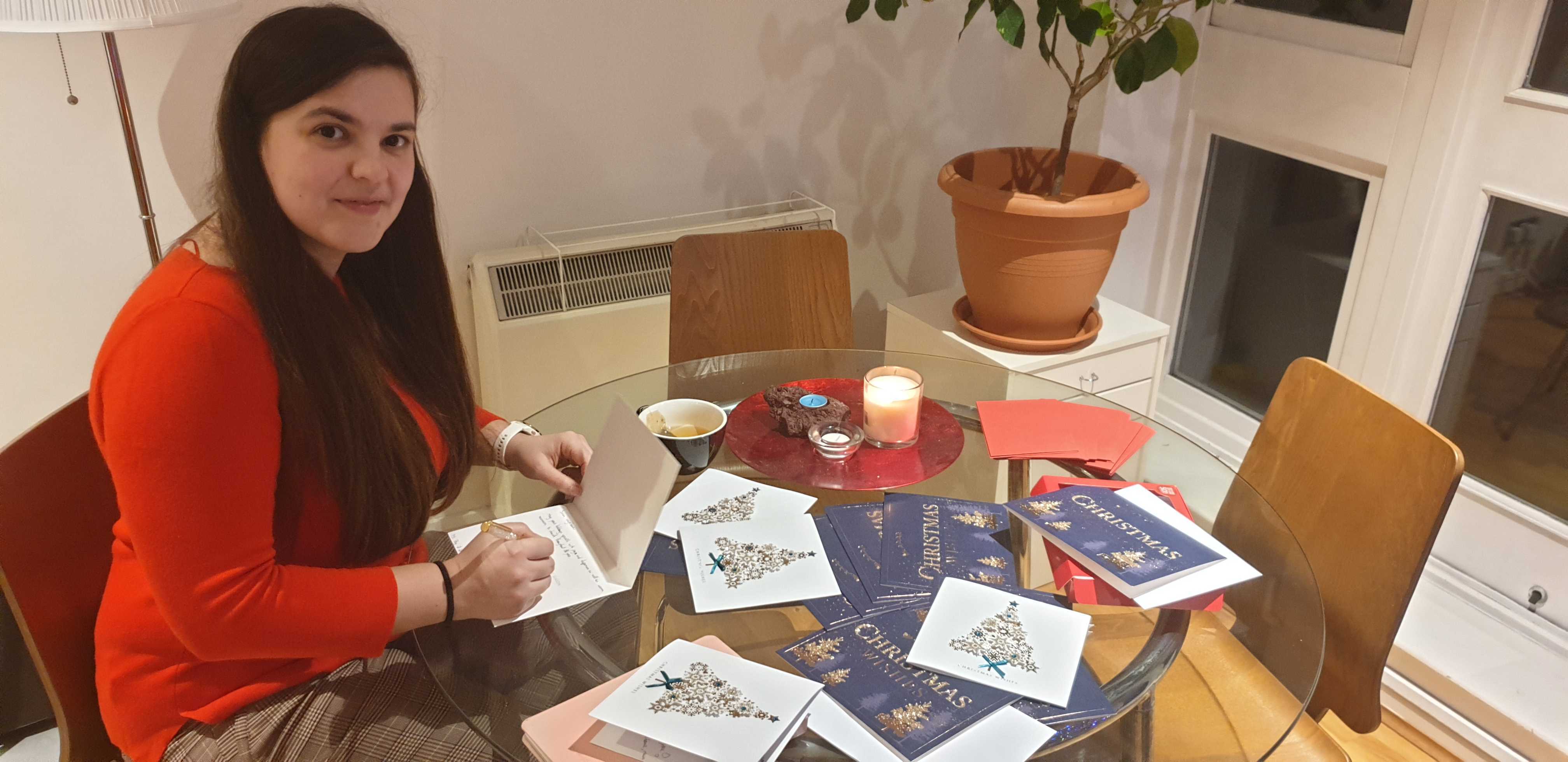Aid workers are still sexually abusing and exploiting vulnerable beneficiaries in developing countries, according to MPs.
In 2018 the charity sector was rocked by sexual misconduct scandals related to aid workers, in countries such as Haiti and Chad and involving charities including Oxfam.
But more than two years on, abuse of beneficiaries in developing countries by aid workers is still “rife”, according to a report by the House of Commons International Development Committee.
Around three quarters (73%) of people who had experience of the aid sector think that the sexual exploitation and abuse of aid beneficiaries is still a problem, the report found.
Those taking part in the survey included recipients of aid, staff, contractors and volunteers. A quarter (26%) said they had witnessed suspected abuse.
“This is likely to have been made significantly worse with the coronavirus pandemic, with reductions in aid and food supplies making female beneficiaries more vulnerable to exploitation,” said the committee.
“Further, perpetrators are continuing to move from organisation to organisation with impunity.”
MPs acknowledged improvements by charities in tackling abuse. This has included hiring dedicated “prevention of sexual exploitation and abuse (SEA)” champions, better training for aid workers and ramped up whistle blowing procedures.
They are calling for further work by charities. Being called for is a “zero tolerance of abuse” as well as empowering “female aid beneficiaries and support survivors”.
The committee added that “enhanced use of in-country justice systems would help act as a deterrent and route to prosecution. The UK Government should work in partnership with governments around the world to ensure they are equipped to handle SEA cases brought against local aid workers”.
Processes for reporting abuse also needs to strengthened further, says the report. It warns that female beneficiaries remain distrustful of a sector “that may have abused and exploited them”.
“Aid organisations must attach much more importance to engaging women on the ground; making sure they know their rights and design possible solutions in concert with them,” said the committee.
Aid sector "needs to wake up"
Committee chair Sarah Champion MP said: “Aid beneficiaries, by their very nature, are the most vulnerable people on the planet. I have huge admiration for the aid sector, but it needs to wake up to what is going on and embed safeguarding within all of its programmes.
“Our inquiry has found that abuse of beneficiaries is rife, and that the sector has effectively become the last safe haven for perpetrators.
“Throughout the inquiry we heard repeatedly of abusers acting with impunity, whistle-blowers being hounded out of their jobs and victims finding it impossible to secure justice. I know that the vast majority of aid workers are dedicated people proud to serve beneficiaries, but until the perpetrators of exploitation and abuse are driven out of the sector, there remains a dark shadow across their good work."
Here is @CommonsIDC report into Sexual exploitation & abuse by aid workers of beneficiaries. Sadly we found it is rife, but we can prevent it - if Government & Aid orgs choose too: https://t.co/0OIlX3CX74
— Sarah Champion (@SarahChampionMP) January 14, 2021
She added: “It may feel for many that there is no hope when it comes to stamping out sexual exploitation and abuse. But actually, there is a very simple solution that would make a huge difference – speak, listen and engage with local people to see what works for them.
“We must stop this patronising attitude of aid giants imposing aid programmes on beneficiaries and local groups without including them in the design. It only builds distrust and gives an ‘us and them’ picture to the people that the aid sector is meant to support and also the abusers looking to exploit.
“As we draw this inquiry to a close, I urge aid organisations and the government take our recommendations on board to build a more inclusive, empowering aid sector for beneficiaries with zero tolerance for any form of abuse or sexual exploitation.”
Earlier this week it emerged that public confidence in NGOs globally is falling with business now the most trusted sector, according to the 2021 Trust Barometer by PR firm Edelman. This found that trust in NGOs fell in 11 out of 27 countries.













Recent Stories